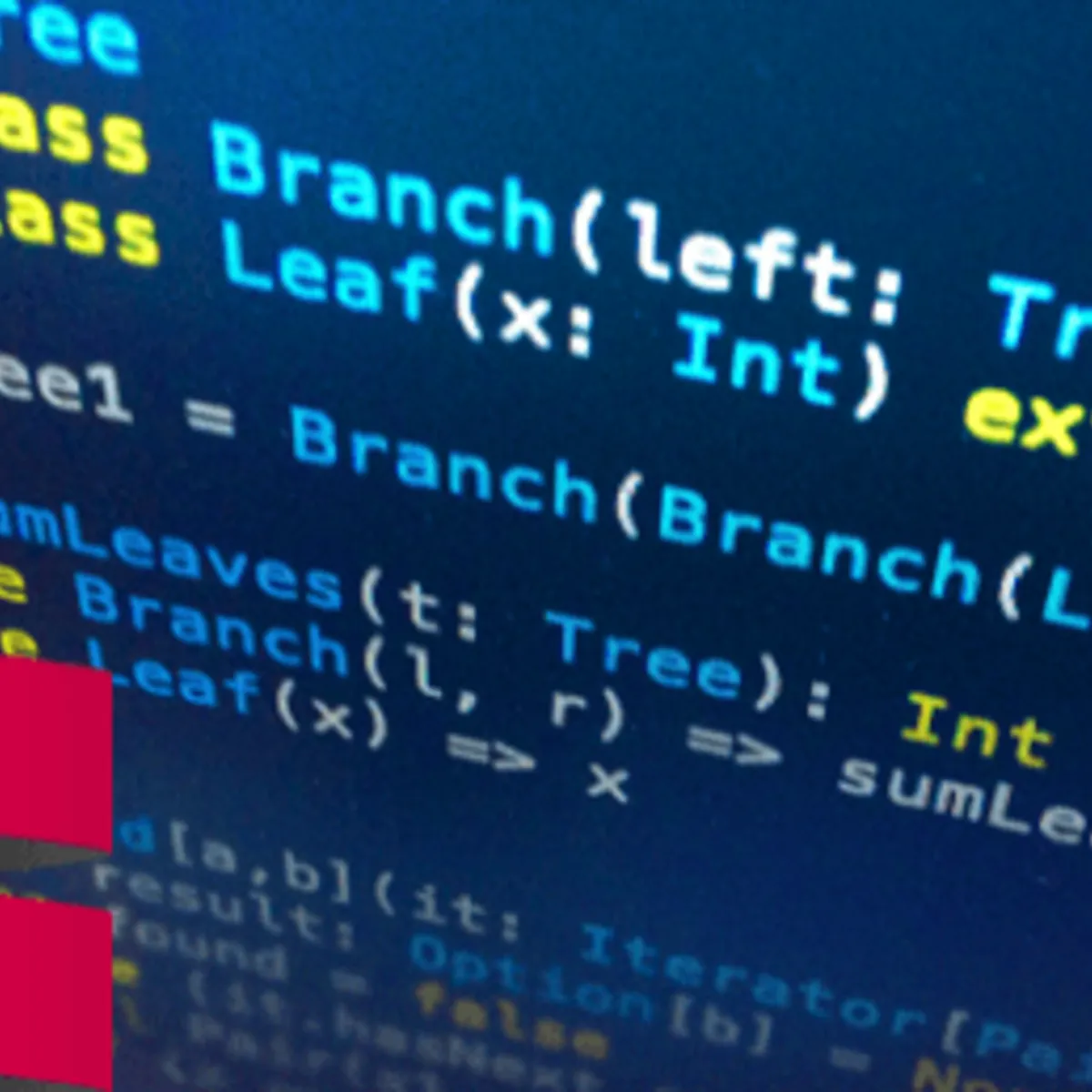
Regular Expressions in Python 
Learn how to master basic string manipulation operations and understand the fundamental concepts of regular expression syntax using a movie review dataset. Explore the benefits and drawbacks of positional formatting, embedding expressing inside string constants, and using the Template class. Discover how to use pattern matching with regular and special characters, as well as greedy and lazy quantifiers. Plus, learn more advanced pattern matching techniques such as using parentheses to group strings together or to match the same text as matched previously. ▼
ADVERTISEMENT
Course Feature
![]() Cost:
Cost:
Free Trial
![]() Provider:
Provider:
Datacamp
![]() Certificate:
Certificate:
No Information
![]() Language:
Language:
English
Course Overview
❗The content presented here is sourced directly from Datacamp platform. For comprehensive course details, including enrollment information, simply click on the 'Go to class' link on our website.
Updated in [June 30th, 2023]
This course provides an introduction to Regular Expressions in Python. Students will learn how to use basic string manipulation operations to format or interpolate strings in Python using a movie review dataset. The course will cover the main approaches for formatting or interpolating strings, including positional formatting, embedding expressing inside string constants, and using the Template class. Additionally, students will learn the fundamental concepts of regular expression syntax, including pattern matching with regular and special characters, as well as greedy and lazy quantifiers. Finally, students will learn more advanced pattern matching techniques such as using parentheses to group strings together or to match the same text as matched previously.
[Applications]
After this course, students should be able to apply the concepts of regular expressions in Python to their own projects. They should be able to use regular expressions to format strings, interpolate strings, and match patterns. They should also be able to use special characters, greedy and lazy quantifiers, and parentheses to group strings together. Finally, they should be able to use the Template class to create more complex string manipulation operations.
[Career Paths]
[Job Position Path]Data Scientist
[Description]Data Scientists are responsible for analyzing large amounts of data to identify patterns and trends. They use a variety of techniques, such as machine learning, statistical analysis, and data mining, to uncover insights from data. Data Scientists must be able to interpret and communicate their findings to stakeholders in a clear and concise manner. They must also be able to develop data-driven solutions to complex problems.
[Development Trend]Data Science is an ever-evolving field, and Data Scientists must stay up-to-date with the latest technologies and trends. As data becomes more complex and data-driven solutions become more important, Data Scientists must be able to use the latest tools and techniques to extract meaningful insights from data. Additionally, Data Scientists must be able to collaborate with other professionals, such as software engineers and business analysts, to develop data-driven solutions.
[Education Paths]
The recommended educational path for learners of Regular Expressions in Python is a Bachelor's degree in Computer Science. This degree will provide learners with a comprehensive understanding of the fundamentals of computer science, including programming languages, algorithms, data structures, operating systems, and computer architecture. Additionally, learners will gain an understanding of the principles of software engineering, computer networks, and computer security.
The development trend of this degree is to focus on the application of computer science in the real world. This includes the development of artificial intelligence, machine learning, and data science. Additionally, the degree will focus on the development of web and mobile applications, as well as the development of cloud computing and distributed systems. Finally, the degree will focus on the development of software engineering principles and practices, such as software design, software testing, and software maintenance.
Course Syllabus
Basic Concepts of String Manipulation
Formatting Strings
Regular Expressions for Pattern Matching
Advanced Regular Expression Concepts
Course Provider

Provider Datacamp's Stats at AZClass
Discussion and Reviews
0.0 (Based on 0 reviews)
Explore Similar Online Courses

PLC Programming From Scratch To Advance

3D Models for Virtual Reality

RDBMS PostgreSQL

Intro To PostgreSQL Databases With PgAdmin For Beginners

PostgreSQL: Client Applications

Mastering SQL using Postgresql

Database Design and Basic SQL in PostgreSQL

PostgreSQL: Advanced Queries

Spatial SQL with Postgres : A language for geographers

Learn SQL Using PostgreSQL: From Zero to Hero

PostgreSQL Essential Training


Start your review of Regular Expressions in Python